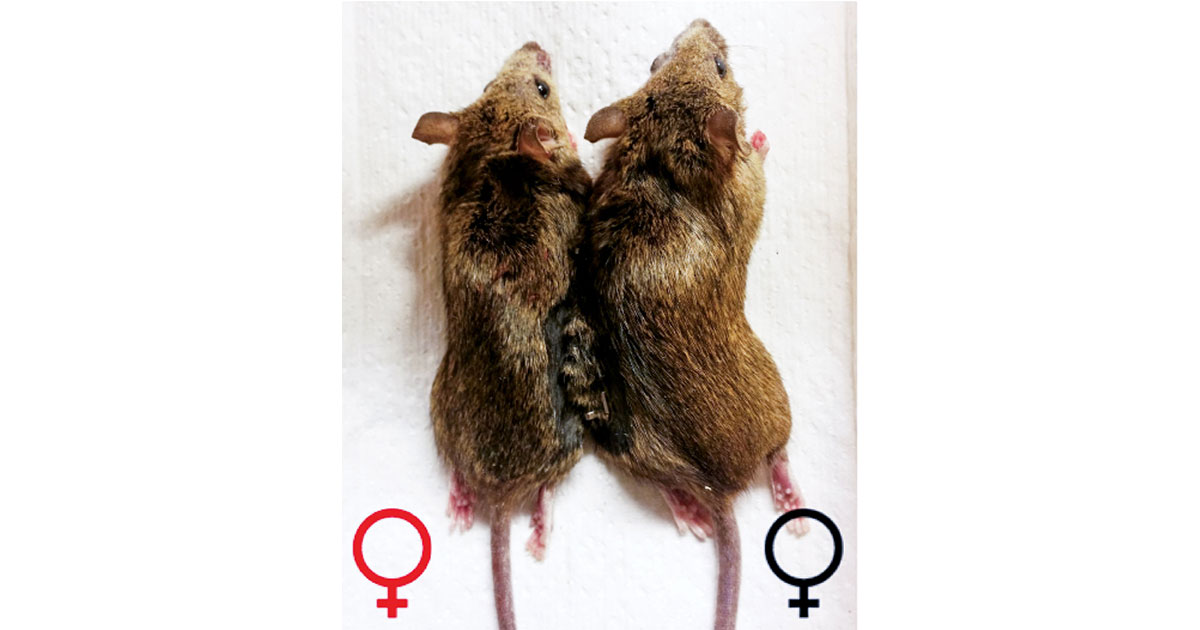Advertisement
Grab your lab coat. Let's get started
Welcome!
Welcome!
Create an account below to get 6 C&EN articles per month, receive newsletters and more - all free.
It seems this is your first time logging in online. Please enter the following information to continue.
As an ACS member you automatically get access to this site. All we need is few more details to create your reading experience.
Not you? Sign in with a different account.
Not you? Sign in with a different account.
ERROR 1
ERROR 1
ERROR 2
ERROR 2
ERROR 2
ERROR 2
ERROR 2
Password and Confirm password must match.
If you have an ACS member number, please enter it here so we can link this account to your membership. (optional)
ERROR 2
ACS values your privacy. By submitting your information, you are gaining access to C&EN and subscribing to our weekly newsletter. We use the information you provide to make your reading experience better, and we will never sell your data to third party members.
Biological Chemistry
Microbes Among Us
October 12, 2009
| A version of this story appeared in
Volume 87, Issue 41
Sarah Everts' article, "Extended Family" (C&EN, July 20, page 43), concerning the trillions of microbes in our bodies is most exciting for the potential that it raises. The likelihood that good bacteria in our bodies are protecting us from some illnesses suggests that the pharmaceutical companies may produce "probiotic" pills in the future that will combat specific diseases. They may even design new bacteria for these purposes. An exciting new field of nutrition may be what we eat and when in order to benefit specific bacteria that are useful to us, while avoiding things that encourage the growth of harmful bacteria.
Giles F. Carter
Clemson, S.C.
"Extended Family" ignored the seminal research by a relatively small group of microbiologists who surveyed the playing field and identified the players for the geneticists. Between 1963 and 1984, about 99% of the bacteria of the intestinal tract were identified, counted, and characterized. Those were exciting times. Hundreds of papers were published, three international societies and several national societies formed, and two new journals begun.
For each species in the gastrointestinal tract, we learned the identity, cytology, metabolic activities, and numbers of microbes per gram of fluid; the interplay between bacteria and protozoa; the interactions between microbe and microvillus; the good and the harm expected from each subspecies; the effects of antibiotics and probiotics; and how to control the balance of species for good health. A summary of this work was edited by my coworker, David J. Hentges ("Human Intestinal Microflora in Health and Disease," Academic Press, 1983).
Associate Dean Herb Goldberg, a microbiologist at the Medical School of the University of Missouri, Columbia, deserves much credit for sponsoring seven biannual international symposia on intestinal microbiology. My involvement began with my book, "Germfree Life and Gnotobiology" (Academic Press, 1963) and continued with my organizing the seven symposia and coediting those volumes.
In 1984, I was knighted at Greiffensteine Castle in central Germany for "world leadership in microecology."
Thomas Don Luckey
Lawrence, Kan.
ACS National Election Ballots
Ballots for the American Chemical Society's fall 2009 national election were mailed to members the week of Sept. 28. If your ballot (mailed in a white envelope with a red banner marked "Vote!") hasn't arrived within two weeks, you may request that a duplicate ballot be sent to you by calling VR Election Services, Customer Service, at (800) 218-4026, Monday-Friday, 8:30 AM-5 PM central time, no later than Nov. 6, or sending an e-mail to the help desk at custserv@vres.us. You can cast your vote electronically or by traditional mail-in ballot. The voting deadline is close of business (5 PM CT), on Nov. 13. Election information on all candidates can be found at www.acs.org/elections.




Join the conversation
Contact the reporter
Submit a Letter to the Editor for publication
Engage with us on Twitter